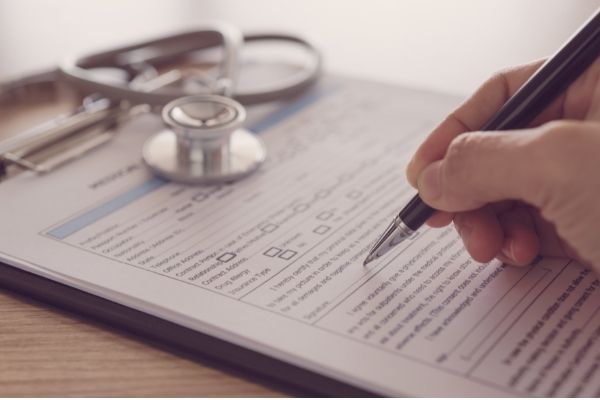When you go to court for a medical malpractice case, it often becomes a he-said-she-said situation, with the patient saying, “I went to the doctor, and these were my complaints.” Those complaints can be critical in determining what tests are done, what the doctor should be looking for, and what are the potential diagnoses. If the doctor failed to document your complaints — or even worse, edited the records to indicate you didn’t make those complaints — how do you prove negligence? This is why getting copies of your medical records is so important.
An Example of How Getting Copies of Your Medical Records Medical Records Can Help Prove Medical Negligence
When Fort Lauderdale medical malpractice lawyer Lisa Levine takes a case, one of the first things she asks is that the client gets copies of their medical records before the medical practitioner knows that a lawsuit is being pursued. Why?
Lisa recently had a case that is the perfect example of why the timing is important. In this particular case, the patient went to the doctor’s office and requested medical records. Because this was done before the doctor knew an attorney was involved, it didn’t raise a red flag, and the records were given without incident.
Later on, the official request came from our office and the records were obtained again — after a lawsuit was filed against the doctor. The lawsuit alleged that the doctor failed to order a particular medical test. In the original medical records obtained by the patient, there was no indication the test was ordered. After the lawsuit was filed, the medical records the doctor submitted for the official record suddenly indicated that the test had been ordered.
Because Lisa was able to compare the two records, she was able to demonstrate that the medical records were altered to hide the negligence.
Documenting Your Medical Care
In addition to getting copies of your medical records, it’s also a smart idea to take notes about medical appointments and treatments as they happen, so you have your OWN records. This is especially important if you feel your doctor is not giving you proper care or if you feel like your concerns are being dismissed.
Make sure that you note:
- What you and the doctor discussed in regard to your health issues at every appointment.
- Days and times that you call or leave a message for your doctor, and what is discussed.
- What medication is prescribed — the name, how much and how often you should take it.
- What tests are ordered, as well as when those tests are scheduled/performed and copies of any results.
In addition to making your own notes, do your best to make sure your DOCTOR’S notes are as accurate as you can while you’re in the doctor’s office. It’s critical that any complaints you make to the doctor are documented on the record. If you tell the doctor something and they seem dismissive, specifically request that they note it in your record (and you make note of it in yours).
What Happens If The Doctor Changes My Medical Records?
First, you have to be able to prove that the doctor changed your records, or failed to record something important. This can be done by having original copies of your records, as in the case mentioned earlier in this article, or it can be done by having experts comparing the records.
In the old days when written records were most common, this would mean having an expert determine that something was written in a different ink and was put on after the fact. Today with digital records, you can bring in a forensic computer expert to review the original metadata on the documents, which would show whether anyone else opened it, when they opened it, if changes were made and when, etc. To do that, it’s expensive and time consuming.
Most doctors and hospitals are now required to keep accurate logs that show when a record has been accessed, by whom, and what change that was made. Many states, including Florida, require this by statute.
If you’re able to demonstrate that the doctor changed your medical records or did not document important information, the courts can do something called “striking the pleadings,” which makes it much more difficult for the doctor to defend himself because of their actions.
Get Help Protecting Your Rights After Medical Negligence
Lisa Levine has devoted her career to fighting for the rights of those who have suffered because of medical negligence. She fully devotes her time and attention to her client’s needs and concerns, using every resource at her disposal to recover maximum compensation on their behalf.
Call (954) 256-1820 today to schedule a free consultation and find out more about your legal rights.

